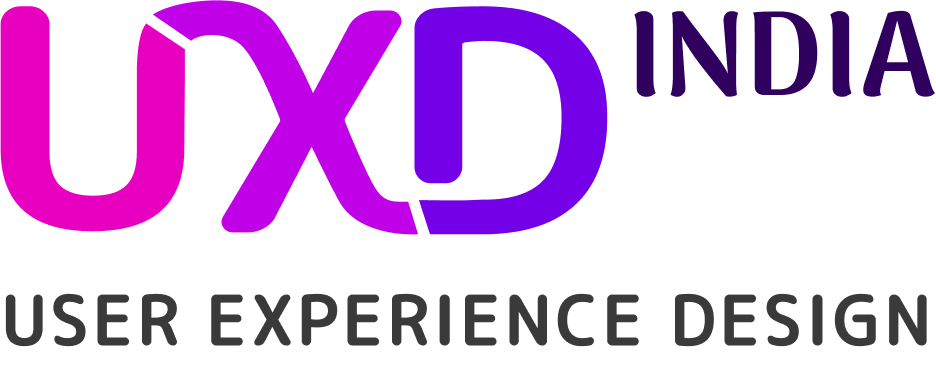HRMS vs. Traditional HR: Why HRMS is the Smarter Choice

Are you still managing HR tasks with spreadsheets, paper forms, and outdated systems?
What if you could automate time-consuming processes, improve decision-making with real-time data, and significantly reduce HR operational costs—all while improving employee experience? The answer is simple: HRMS (Human Resource Management Systems).
Many businesses today are facing a dilemma: stick to traditional HR methods, or invest in an Human Resource Management System? Let’s explore why the Human Resource Management System is the smarter choice, and how it can give your company a competitive edge.
1. Efficient Employee Data Management
Traditional HR often means sifting through endless paperwork or scrolling through spreadsheets to access employee information. This method is not only time-consuming but also prone to human error.
- HRMS Advantage: A Customized Human Resource Management System offers a centralized database, making it easier to store, access, and update employee data in real-time. No more lost documents or outdated info.
Example: Tata Consultancy Services (TCS) migrated from manual HR processes to a customized HRMS system, and within the first six months, they reported a 40% decrease in employee data errors and 50% faster document retrieval. Source: TCS Case Study.
2. Automated Payroll and Compliance
One of the most tedious tasks in traditional HR is processing payroll and ensuring compliance with labor laws. Mistakes can result in severe consequences, including legal penalties and employee dissatisfaction.
- HRMS Advantage: A Customized Human Resource Management System automatically calculates payroll, generates payslips, tracks working hours, and ensures compliance with ever-changing tax laws.
Real‑World Example: Flipkart implemented Human Resource Management System to automate payroll processing. This reduced payroll errors by 90% and improved on-time payments to employees, which boosted overall employee satisfaction by 30%. Source: Flipkart HRMS Implementation.
3. Improved Recruitment and Onboarding
Traditional HR recruitment methods can be slow, inefficient, and labor-intensive. Reviewing resumes manually, scheduling interviews, and tracking candidate progress across emails and notes can be overwhelming.
- HRMS Advantage: A Customized Human Resource Management System integrates recruitment tools, allowing you to post jobs, track candidates, automate interviews, and streamline the onboarding process—making the entire process faster and more efficient.
Example: Cognizant implemented Customized Human Resource Management System for recruitment. By automating job postings and candidate screening, the company reduced its time-to-hire by 25% and increased new hire retention by 15%. Source: Cognizant HRMS Success Story.
4. Enhanced Employee Performance and Development
In traditional HR, performance reviews are often manual and inconsistent. Tracking progress, setting goals, and providing feedback can be chaotic, leading to dissatisfaction and unoptimized employee development.
- HRMS Advantage: A Customized Human Resource Management System allows for continuous performance tracking, feedback loops, goal-setting, and employee development programs—ensuring employees are engaged and their performance is regularly assessed.
Real‑World Case: Accenture integrated a performance management module into their HRMS, enabling real-time feedback. This led to a 20% increase in employee engagement and improved skill development through personalized training programs. Source: Accenture HRMS Integration.
5. Data-Driven Decision Making
Traditional HR often relies on manual reports, historical data, and guesswork for decision-making. As a result, HR leaders may miss key insights or fail to make timely adjustments.
- HRMS Advantage: A Customized Human Resource Management System offers powerful analytics tools that provide real-time insights into HR metrics such as turnover rates, recruitment trends, and employee satisfaction. This enables HR professionals to make data-driven decisions that drive business performance.
Example: Siemens used Customized Human Resource Management System to monitor employee turnover rates and predict potential retention issues. This allowed them to proactively address concerns and improve retention by 18% within the first year. Source: Siemens HRMS Case Study.
6. Self-Service Portals for Employees
With traditional HR, employees typically have to go through HR personnel for simple tasks like checking leave balances, updating personal information, or submitting requests. This can create bottlenecks and delay responses.
- HRMS Advantage: A Customized Human Resource Management System includes employee self-service portals, where employees can update their data, view payslips, request time off, and more—empowering them to manage their HR needs independently and freeing up HR staff for more strategic tasks.
Real‑World Example: Amazon India launched Human Resource Management System self-service portal, which reduced the number of routine HR inquiries by 60%. As a result, HR staff could focus on more value-driven initiatives like talent development. Source: Amazon India HRMS.
7. Cost Efficiency
While traditional HR methods may seem inexpensive, the cost of errors, inefficiency, and delays in HR tasks often outweigh the initial expense of implementing Human Resource Management System.
- HRMS Advantage: A Customized Human Resource Management System helps reduce costs by automating routine tasks, improving efficiency, and reducing errors. It also helps companies scale HR operations seamlessly without increasing headcount.
Example: Hindustan Unilever adopted an HRMS to automate various HR functions, which led to an annual savings of 20% in HR operational costs. Source: HUL HRMS Case Study.
Why HRMS Is the Smarter Choice
If your business is still relying on traditional HR methods, it’s time to consider how a Customized Human Resource Management System can transform your HR department. From automating payroll to improving recruitment processes and providing real-time data for smarter decision-making, Human Resource Management System offer significant advantages that drive efficiency, employee satisfaction, and cost savings.
Images used in this blog are from Freepik.
